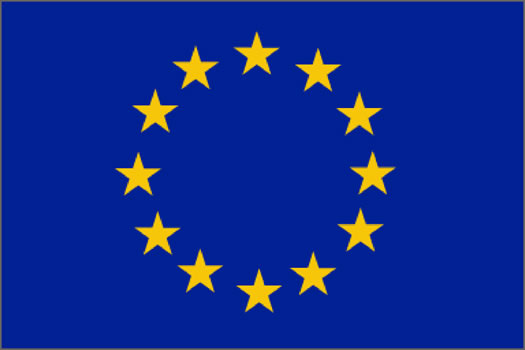
The European Union has generated €3.4 million from rejected Schengen visa applications submitted by Nigerian citizens in 2023, as reported by Nairametrics. This figure contributes to the global total of €130 million collected from such rejections, with African and Asian applicants bearing 90% of the cost, according to EUobserver.com.
The statistics reveal that African countries, including Nigeria, Ghana, and Senegal, face high rejection rates, reaching up to 50%. Marta Foresti, Founder of LAGO Collective, highlighted the adverse impact of these visa denials on poorer nations, describing them as “reverse remittances” that funnel money from developing to developed countries.
In response to visa overstays contributing to irregular migration, the EU has increasingly used visa restrictions as a political tool, exemplified by recent sanctions on Ethiopia due to its low cooperation in returning nationals. Conversely, visa restrictions on The Gambia were lifted after an improvement in its return rate.
The rejection rate for Schengen visas is anticipated to rise in 2024, with application fees set to increase from €80 to €90 from June 11. Similarly, the UK accrued £44 million (€50 million) from rejected visa applications, further illustrating the financial burden on applicants from low and middle-income countries.








